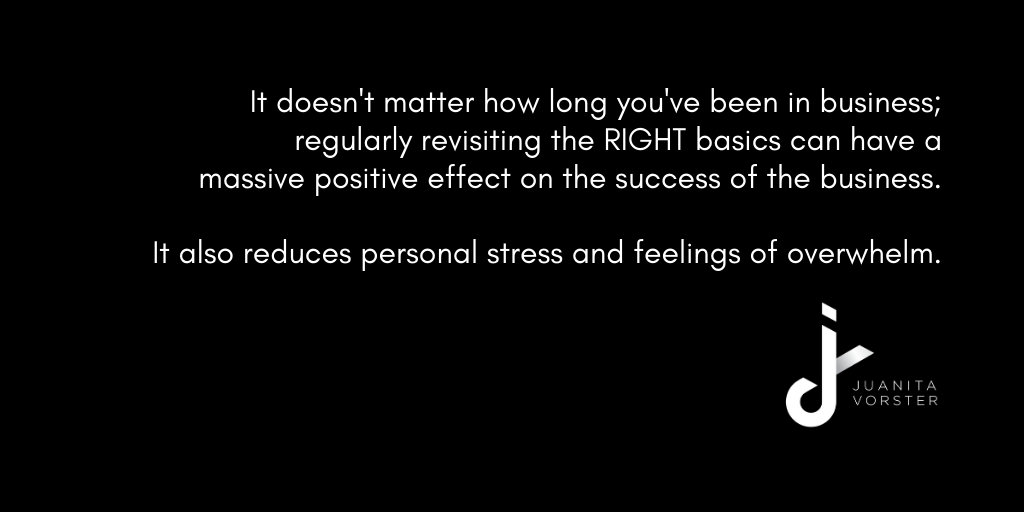|
Business is simple under normal circumstances. Someone has something to sell to those that want to spend money on solving their problems. Business is just as simple under abnormal circumstances as the basics of business remain the same. The challenge in abnormal circumstances is how we approach and execute these basics. How exceptional is the business at what it does? Businesses these days operate in a world where 100 percent is no longer good enough. Every time and everywhere a business interacts with customers should deliver a 110 percent experience. The start of offering exceptional products, services and customer experience is often with competitor bench-marking. However, just being the same as – or a little better than – competitors should not lull business leaders into a sense of satisfaction. Each business needs to run its own race, play its own game and set its own strategy, to win in the new game of business ... and it needs to do so by using the best suited technology available. Technology doesn't need to be expensive Enterprise Resource Planning (ERP) systems; it can be as simple as using QR codes to enable the purchase of a single banana from a street vendor in Togo. Or as simple as using Zoom and Lumi to facilitate meetings and auditable voting across international borders. To be truly exceptional a business need to employ people that enables it to be exceptional. How great is the business as a place to work? Employers want people with a sparkle in their eye and a fire in their belly, but equally those people want to work for employers who are not only going to value them, but whose values they share. Leaders often underestimate the impact of the ‘fluffy stuff’ like shared values, regular two-way communication and praise. The trick is to find the balance between rules, discipline, financial reward and a workplace atmosphere that makes employees automatically want to help the business be exceptional. How well does the business prospect for customers? Offering an exceptional experience is however completely useless from a profitable growth point of view if there are no customers to offer the experience to. No business can ever take the risk of expecting customers to find it. Similarly, no business leader can ever expect the sales function to just fly by the seat of their pants to see what they can get. You only get what you measure, so measure the amount of leads generated every week, how many deals are closed, and set targets to increase this on a regular basis. How focused is everyone in the business on the triple bottom line? In business it’s all about the numbers in the end. No strategy, objective, plan – or greater good purpose – can be realised in the long run unless a business generates a profit that can be reinvested in the business. And no amount of profit can absolve any business for harm done to the planet or people affected by the business. When you start out in business it’s easy to be seduced by the top line; the income received from customers in exchange for the products and services delivered. What often happens then is that expenses increase as income increases. It’s often also the point where the social contract – where everyone has both rights and obligations to ensure a sustainable operating environment – slackens. The key here is that EVERYONE in the business should be focusing on the triple bottom line of people, planet and profit. Continually increasing operational efficiency combined with a relentless focus on increasing sales – without causing harm to anyone or anything – is really the only way to grow the sustained success of any business. It doesn’t matter how long you’ve been in business; revisiting the basics regularly can have a massive positive effect on the profitability and positive social impact of the business. It also has the added benefit of reducing personal stress and feelings of overwhelm. The approach to successfully managing each of these four basics of business is contained in the "WIN! How to succeed in the new game of business" programme.
It is presented across the world exclusively by Roger Harrop and Juanita Vorster and has to date enabled more than 30,000 business leaders to carve paths of success in a business world that has undergone enormous change in the last decade, with lots more change predicted to come. |

 RSS Feed
RSS Feed
